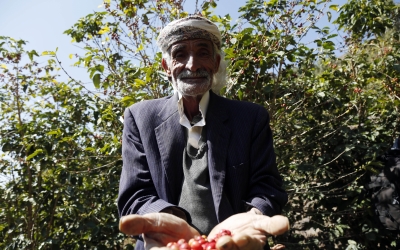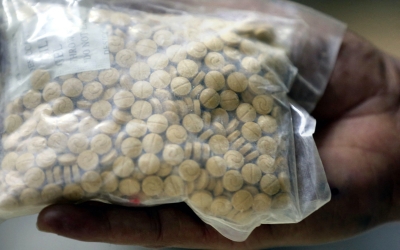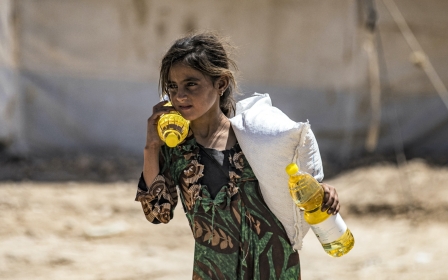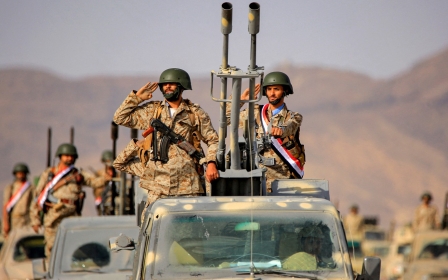Arabic press review: Brother of ex-Algerian president told to pay back billions
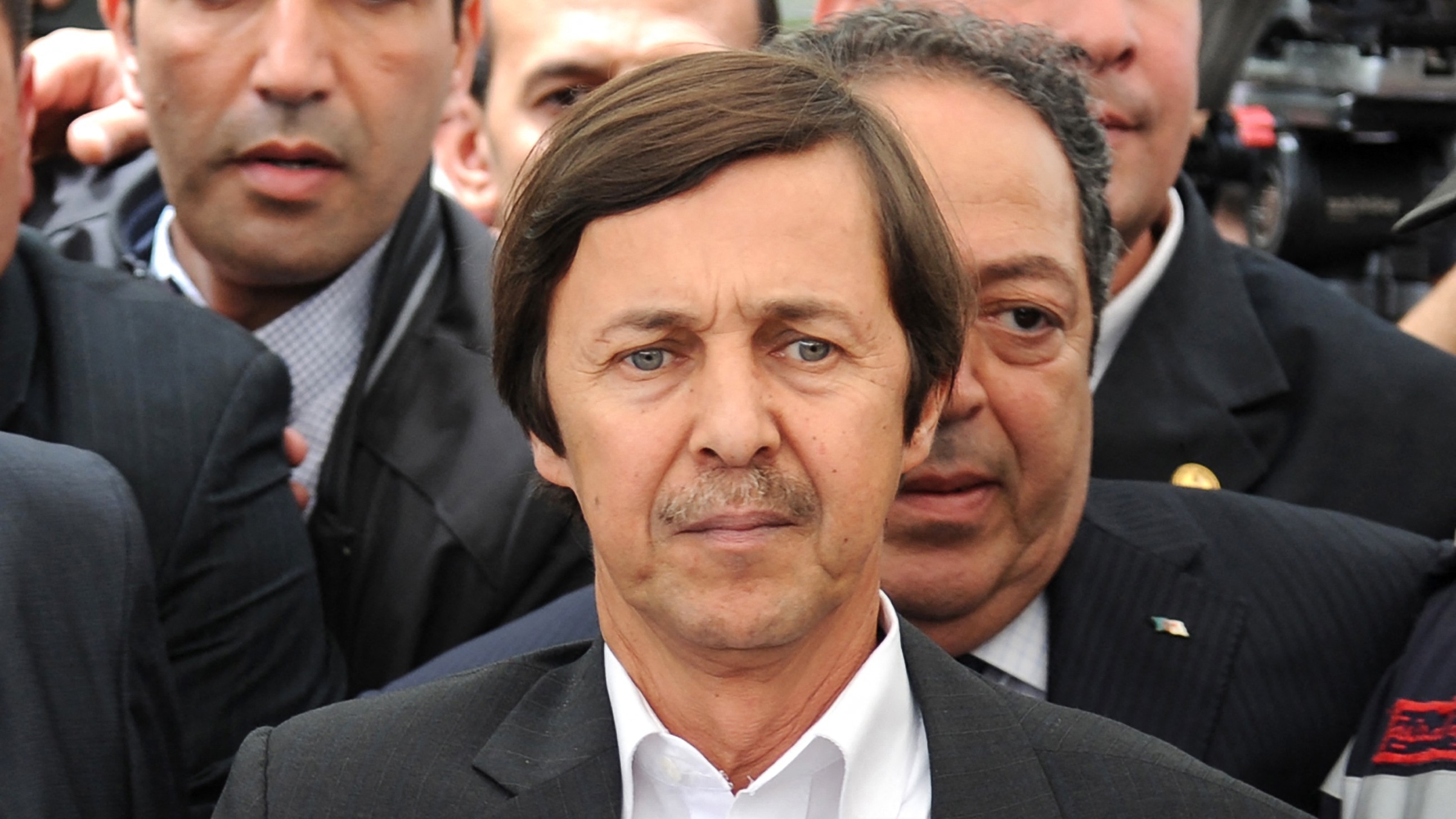
Bouteflika's brother told to pay back billions
The representative of the public treasury in Algeria requested compensation of $36bn from Said Bouteflika, the brother of the former president Abdelaziz Bouteflika, and his partners in a case related to concealing the returns of corruption.
This amount is the value of the losses which the authorities estimate that the brother of the former president has inflicted on the country, according to Al-Quds Al-Arabi newspaper.
The brother of the former president and more than 70 defendants are charged with concealing criminal returns resulting from corruption, money laundering and money exchange violations.
During his interrogation, Said Bouteflika refused to respond to the judge's questions via Skype. He said, "I was not heard during the investigation, so do not ask me any questions, and I will not answer you."
The lawyer for the representative of the public treasury said in his plea before the court that "the damages caused by the concealment of the returns of corruption and influence peddling have reached an unimaginable size".
The representative of the treasury asked the judge to compel Said Bouteflika, along with several businessmen, to pay a compensation of 500,000 billion centimes ($36bn) for damages to the public treasury.
The representative of the public prosecution demanded the issuing of severe prison sentences against the defendants including 18 years in prison and a fine of 3 million dinars ($22,000) against Said Bouteflika, in addition to varying sentences against his business partners or those involved in corruption.
Yemen's farmers abandon lands
Yemeni farmers complain that the costs of fertilisers and farming necessities have surged to levels that exceed their capabilities to plough and cultivate their lands. This has prompted many farmers in different regions to leave their lands without planting, according to a report by Al-Araby Al-Jadeed newspaper on Friday.
These factors also affected the level of supply of grains, vegetables, and fruits, and led to their increasing prices, along with a clear decrease in their agricultural area and the quantity supplied in the local markets in most Yemeni regions.
According to workers in this sector, the agricultural production of grains in Yemen decreased by about 18 percent during 2022, and the supply of some vegetable and fruit crops, such as watermelon and oranges, have also declined.
Hazaa al-Mansouri, a farmer in Al Jawf Governorate in northeastern Yemen, said that many grain farmers in one of the largest Yemeni governorates left their land unplanted due to their inability to buy fertilisers, seeds and many agricultural supplies after their prices have dramatically increased.
According to another farmer, Ashal Al-Walidi from Abyan Governorate in southern Yemen, the revenue of their crops and agricultural production no longer covers what is spent on planting their lands.
Farmer Hassan Al-Sheikh, from Al Hudaydah Governorate, northwestern Yemen, said the farmers sold their land because they became unable to cultivate it.
The prices of fertilisers and various requirements for agricultural production have witnessed an escalating increase in price in Yemen since the outbreak of the Russia-Ukraine war in February 2022. Traders and farmers say the rise exceeded more than 120 percent compared to pre-war levels.
Syria imposes Jordanian border controls
Syria has launched new measures at the Jordanian border to control drug and arms smuggling operations, according to the pro-government Syrian Al-Watan newspaper, based in Damascus.
The sources told the paper on Thursday that the implementation of the new border control decision is expected to start next week.
On Wednesday, the Russian Sputnik agency quoted an unnamed source in Daraa saying that Russia and the regime "are working to control the borders to stop smuggling operations".
The new measures include increasing the number of border posts between the two countries and sending patrols affiliated with the Russian military police in the area between the countryside of As-Suwayda and Daraa.
Security sources told Al-Watan that the Syrian-Jordanian border, specifically the area south of the city of Daraa opposite the Jordanian town of Ramtha, witnessed on Tuesday a tour by the Russian military police and several officers by the regime's security services and former militants who made a reconciliation with regime.
These field movements come after Russian President Vladimir Putin's envoy to Syria, Alexander Lavrentyev, visited Amman and Damascus, and demanded Jordanian Foreign Minister Ayman Safadi set the priority for stabilising southern Syria and confronting drug trafficking.
*Arabic press review is a digest of news reports not independently verified as accurate by Middle East Eye.
Middle East Eye delivers independent and unrivalled coverage and analysis of the Middle East, North Africa and beyond. To learn more about republishing this content and the associated fees, please fill out this form. More about MEE can be found here.


